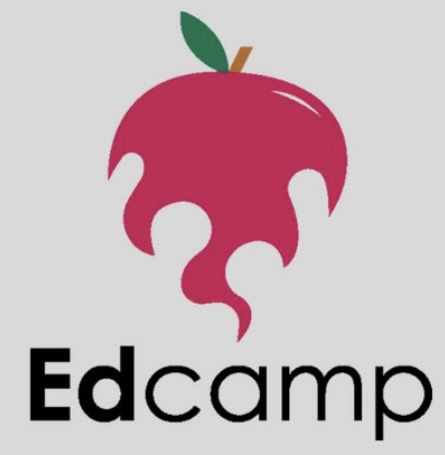In the bustling realm of educational conferences, one term has been gaining momentum over the past decade: EdCamp. Far from the traditional conference model, EdCamp is a beacon of innovation, fostering collaboration, conversation, and community-driven learning. In this post, we’ll embark on a journey to uncover the essence of EdCamp and why it’s becoming a transformative force in the world of education.
What is EdCamp?
EdCamp is not your typical conference; it’s an unconference. Originating in 2010, EdCamp events are characterized by their participant-driven nature, where educators come together to share ideas, experiences, and best practices in an organic and collaborative environment. Unlike traditional conferences with predetermined agendas and keynote speakers, EdCamp relies on the expertise and interests of its attendees to shape the day’s discussions.
The Rule of Two Feet
At the heart of EdCamp is the “Rule of Two Feet,” which empowers participants to take ownership of their learning experience. If a session isn’t meeting their needs or interests, attendees are encouraged to use their two feet to find another session that resonates with them. This principle of autonomy and self-directed learning fosters a dynamic and responsive atmosphere, where the flow of ideas is fluid and adaptable.
Collaboration and Conversation
EdCamp thrives on collaboration and conversation. Attendees come prepared to share their insights, strategies, and challenges, sparking lively discussions that transcend traditional hierarchies. Whether it’s brainstorming innovative teaching methods, exploring emerging technologies, or addressing equity and inclusion in education, EdCamp provides a platform for educators to engage deeply with topics that matter most to them.
Experience Over Expertise
In the realm of EdCamp, everyone’s voice is valued, regardless of their level of expertise. The focus is on shared experiences and collective wisdom rather than hierarchical distinctions. Novice teachers, seasoned educators, administrators, and even students come together as equals, contributing their unique perspectives to the conversation. This inclusive ethos cultivates a rich tapestry of ideas and insights, enriching the learning experience for all involved.
Topics of Exploration
EdCamp covers a wide array of topics, reflecting the diverse interests and needs of today’s educators. From outdoor education and integrating indigenous knowledge to gamification and authentic learning experiences, the range of discussions is as varied as the educational landscape itself. Participants have the freedom to explore niche topics, delve into emerging trends, and engage in interdisciplinary dialogue that transcends traditional boundaries.
A Global Movement
Since its inception, EdCamp has blossomed into a global movement, with over 700 conferences held in 25 countries. From bustling metropolises to rural communities, educators around the world are embracing the EdCamp model as a catalyst for meaningful change in education. What’s more, EdCamp events are typically free to attend and open to all, making them accessible to educators from diverse backgrounds and settings.
